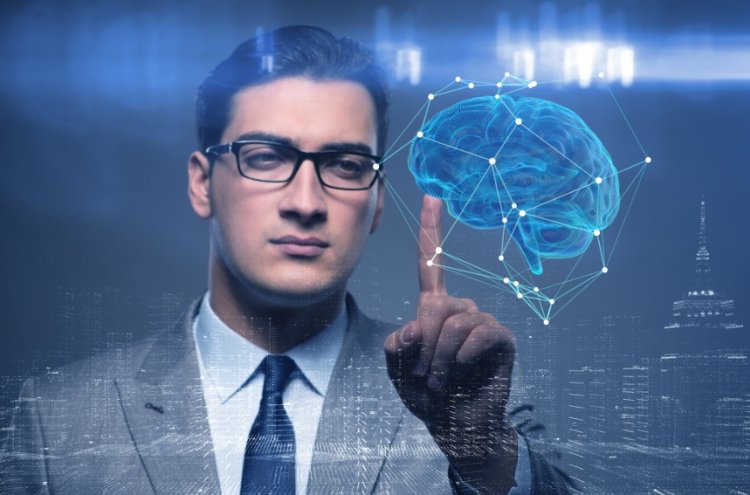
Are you in the financial services industry or would like to know more about it? Well, technology is improving and penetrating all aspects of our lives. Artificial Intelligence, AI, in particular, has been a hot topic in the tech world for some time.
Many financial institutions are adopting AI technologies to automate their tasks. These tasks are those which are carried out by humans, usually, include trading, operations, risk, and wealth management. The machine learning algorithms used, allow the software to self-improve as it feeds on more data.
AI products are in the workplace, homes, and businesses, e.g., Ph.D. thesis writing services. The following are ways in which AI is changing the world of finance:
1. Automated Trading
Artificial intelligence has infiltrated everything in the financial world. The commercial industry produces a sheer volume of data that requires analysis and action. This need led to the development of computer-based algorithms for efficiency.
Many individual traders and banks began relying on these algorithms, due to their data crunching capabilities. Soon, traders were being replaced. The current volume of automated trading in the financial markets is at about 75%.
In financial trading, computers offer higher speed and accuracy in performing digital calculations than a human being.
2. Personalized experience for users
The most prominent advice on choosing a thesis topic is going for one that you have interest. It also applies when seeking Ph.D. writing services. Introduction of banking chatbots provides users with conversational and personalized experiences.
They can help an individual to manage their money and savings. With Plum, it will analyze your income, spending habits and predict how much you can save. Another chatbot is Cleo.
It keeps track of one’s expenses and income across different accounts. Its assistant can provide you with tips on how to save and manage your money.
Banks are not left out as they are also dabbling in this business. It’s a way to improve their self-service. This AI engine can help you manage your finances or reach a savings goal by leveraging analytics.
3. Opens up the Market
With algorithmic technologies, startups can now enter the market that was once a reserve for big investment firms and banks. As more players come into the financial markets, it reduces transaction costs. Also, it raises monitoring abilities.
However, larger companies exploit the advantages of these technologies with their substantial capital. Proximity to the servers also ensures that they have a faster response time. AI algorithms can help humans make better choices by providing invaluable suggestions and insights.
4. Detection of Fraudulent Transactions
In 2015, Javelin Strategy released a study that showed that retailers suffer a loss of approximately $118 billion for rejecting legitimate transactions. Fraudulent transactions that may go undetected by a human analyst can be pointed out by AI.
As e-commerce rises in popularity so does the increase in the occurrence of online fraud. AI combines machine learning and analyses of various data points, to detect fraud. It reduces false declines while at the same time improving the accuracy of approvals, in real- time.
Several companies are also exploring fraud prevention, AI systems. The DI (Decision Intelligence) technology used by MasterCard, sets a behavioral baseline for the cardholder. This benchmark is founded on the shopping and spending habits of the user.
With each transaction, you get a score based on the behavioral baseline. Traditional fraud prevention technologies evaluate deals using a one-size-fits-all approach. Not how you would approach a Ph.D. dissertation writing services.
Conclusion
A long time ago, AI was only a concept, but now it is a reality. It’s time to tap into this bag of goodies.



